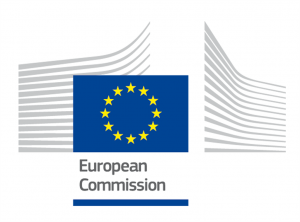About
The triple elimination of mother-to-child transmission (MTCT) of HIV, hepatitis B virus (HBV), and syphilis is a major global health priority. These infections continue to cause preventable illness in infants, particularly in low- and middle-income countries (LMICs). Without intervention, the risk of MTCT is high: 15-40% for HIV, 30-100% for syphilis, and 10-90% for HBV, depending on the mother’s infectiousness. Effective preventive strategies exist but they depend on timely diagnosis among pregnant women. While antenatal screening coverage in sub-Saharan Africa exceeds 80% for HIV, syphilis screening remains suboptimal at 47%, and HBV screening is significantly limited, leaving many infections undetected and treated. This underdiagnosis of HBV and syphilis among pregnant women represents a major barrier to achieving the triple elimination goals for HIV, HBV, and syphilis. Additionally, over 60% of healthcare facilities in sub-Saharan Africa (SSA) are at the primary or secondary care level, where advanced laboratory infrastructure is often unavailable. To achieve triple elimination, there is an urgent need for reliable and affordable multiplex point-of-care testing in these settings.
MAGFA is a multi-country, multi-partner initiative aimed at developing, validating and field-testing an innovative, low-cost point-of-care (POC) diagnostic tool. This device can simultaneously detect HIV-1/2, HBV, HCV, and syphilis. The project involves conducting laboratory performance studies in reference centres in Kenya and Côte d’Ivoire, as well as implementing a real-world evaluation in antenatal clinics in four provinces of the Democratic Republic of Congo. MAGFA also pilots a TREAT-B intervention to screen HBV-infected women and identify those eligible for treatment to prevent MTCT, but also to improve their own health. In addition to assessing diagnostic performance, the project will evaluate the usability, acceptability, cost-effectiveness and real-world impact of combined testing regarding the triple elimination of MTCT targets. By providing reliable multiplex testing at the primary and secondary care levels, this project will strengthen early disease diagnosis and improve clinical decision-making for tackling these infections and protect the next generation.





